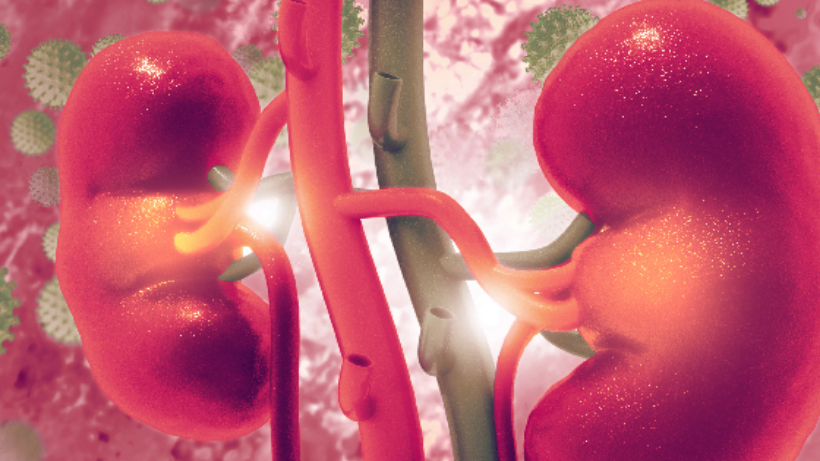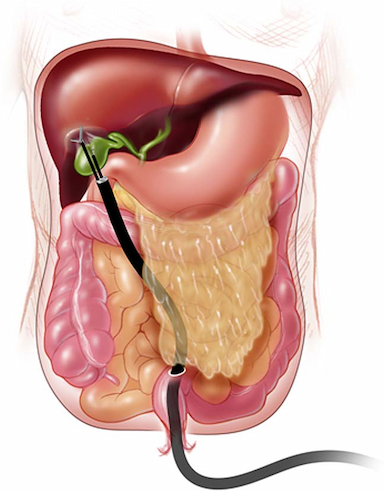
Can a kidney infection go Away On Its own?
07 Apr, 2022
 Healthtrip Team
Healthtrip TeamOne of the most uncomfortable feelings you might have experienced is if you have a UTI (Urinary Tract Infection). At times, some minor UTIs may heal by themselves by drinking ample water, but it doesn't. If UTI is left untreated, it can lead to a severe kidney infection in such a case.
What Is Kidney Infection?
Medically kidney infection is known as pyelonephritis, and it can be excruciating. If not treated in time and without proper medication and care, it can lead to death.
Transform Your Beauty, Boost Your Confidence
Find the right cosmetic procedure for your needs.

We specialize in a wide range of cosmetic procedures

Often the cause of kidney infection is the bacteria and viruses that are supposed to be flushed out during urination that can enter the urinary tract. When the UTI spreads to the upper urinary tract and then to the kidneys, it is a kidney infection.
It is possible that kidney infection can lead to bacteria getting into the blood, causing bacteremia despite the condition starting at the bladder.
Also, Read - Understanding The Kidney Infection in Detail
What Can Cause Kidney Infection?
When the germs enter the body through the genital area to the ureters and then into the kidney, kidney infection is caused. Several factors can cause a kidney infection. Some of them are:
- Diabetes
- Relapse of bladder or kidney infection caused 12 or fewer months earlier
- Frequent sex or changing sex partner
- Use of birth control or prevention of infection
- Having a genetic history of UTIs
- Pregnancy
- Urinary retention
- Never damage around the bladder
- A condition that blocks the urine flow in the kidney
- Spinal cord injury
Also, Read - Suffering UTI or Kidney Infection?- Here Is What You Need To Know
How Can You Diagnose It?
Kidney infections are often diagnosed based on the symptoms like:
Most popular procedures in
Laparoscopic Cystect
Upto 80% off
90% Rated
Satisfactory

Laparoscopic Myomect
Upto 80% off
90% Rated
Satisfactory

LAVH
Upto 80% off
90% Rated
Satisfactory

NOTE
Upto 80% off
90% Rated
Satisfactory

CABG
Upto 80% off
90% Rated
Satisfactory

- Fever
- Nausea
- Pain in the flank
- Vomiting
- Groin pain
- Cloudy or bloody urine
- Foul-smelling urine
- Burning and pain during urination
- Pain around or above the pubic bone
Also, Read - How Long Can You Have A Kidney Infection Without Knowing?
Based on these symptoms, doctors prescribe urine testing to see for kidney infection. The testing can include:
- Urinalysis
- Urine culture
In case of kidney infection is a recurring condition. Additional tests are done to check if there are any abnormalities in the kidney, bladder, ureter, urethra, or presence of kidney stones. Tests for these can include
- Ultrasound
- Cystoscopy
- CT scan
- MRI
Also, Read - Radiology: Past, Present and Future
What Is The Treatment For Kidney Infection?
We started the article with the question, can a kidney infection go away on its own and the answer to it is NO.
You would need medication to treat the kidney infection. The treatment is determined by the severity of the condition and the patient's overall health. Typically, the treatment will include:
- Antibiotics
- Over-the-counter medication
- Hospital treatment
Can Kidney Infections Be Prevented?
If the kidney infection is genetic or due to UTI at times, it can be prevented with the following steps:
- Increase water intake
- Urinating after intercourse as it will flush the bacteria out before it can enter the bladder and cause infection
- Change the birth control method by avoiding using diaphragms and spermicide
- Vaginal estrogen for women through menopause
- Don't wait long for using the bathroom. Relieve yourself when you need to
- Wipe from front to back and not another way round
Also, Read - Kidney Infection - Symptoms, Prevention, Cause
When Should You See A Doctor?
Any of the above symptoms should trigger a visit to the doctor and get yourself checked for kidney infection. If you have a fever of 101 degrees F and other symptoms from the list, visit the ER. You might need immediate medical attention.
Also, if you think you are having a kidney infection or UTI, schedule an appointment with the doctor of XXX and get yourself checked by a specialist. It's always better to be safe than sorry!
Wellness Treatment
Give yourself the time to relax
Lowest Prices Guaranteed!

Lowest Prices Guaranteed!